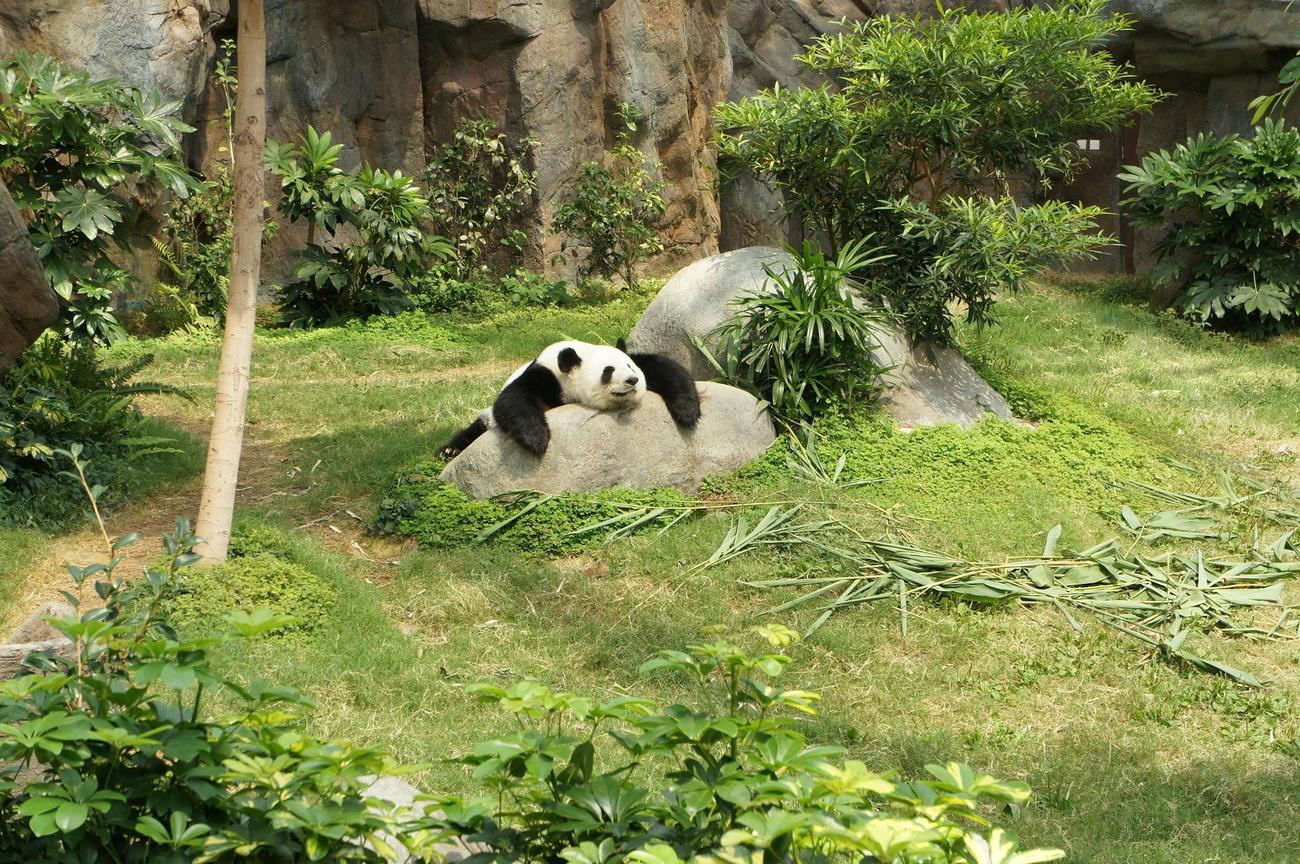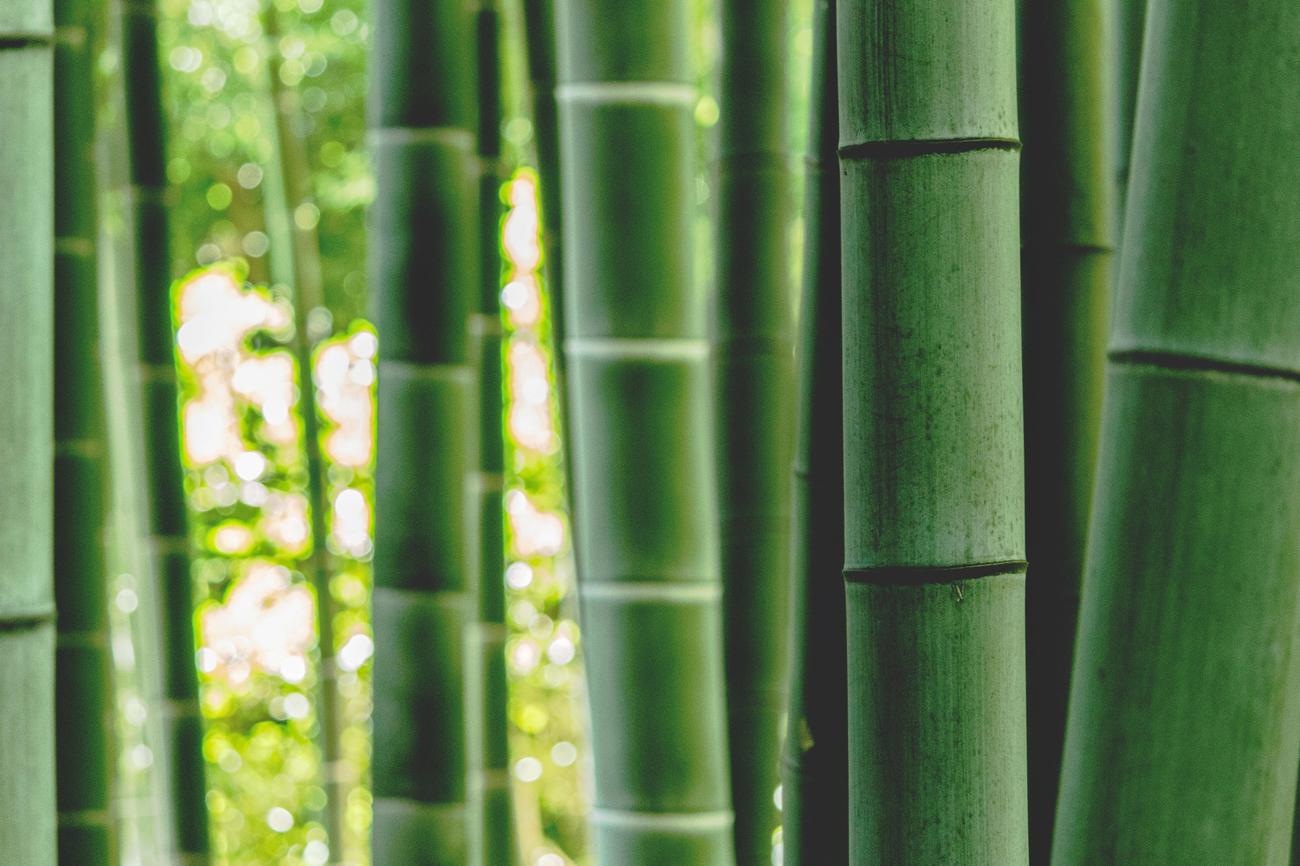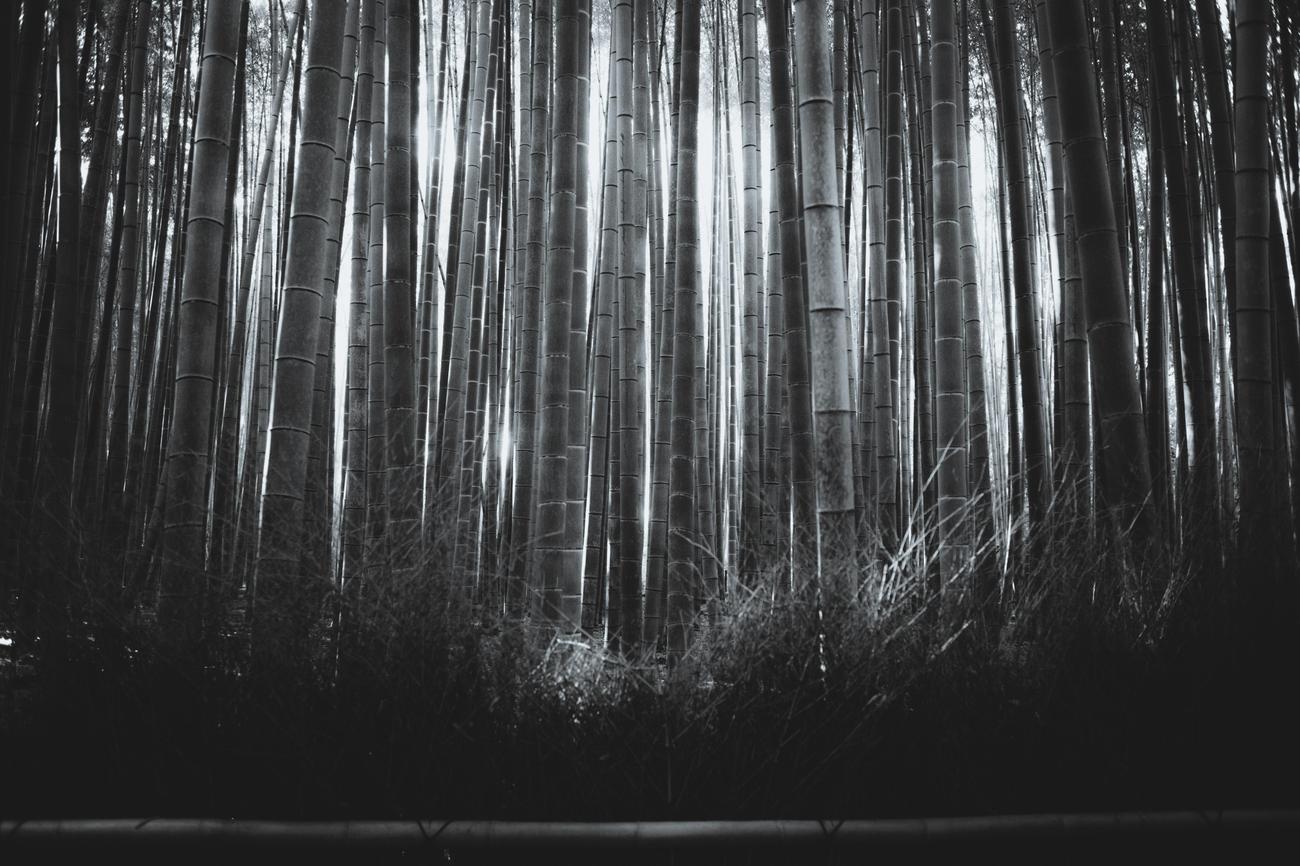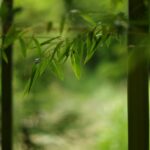Are you ready to dive into the fascinating world of bamboo plants? In this article, we will unveil the unique characteristics of these remarkable plants, delving into their intricate growth patterns, distinct traits, and remarkable adaptations. As a professional botanist with over a decade of experience studying plant species, my passion has always revolved around bamboo. This incredible plant has captured the curiosity of researchers and enthusiasts alike, intriguing us with its ecological significance, economic potential, and sustainable properties. So, join me as we explore the mesmerizing world of bamboo and uncover the hidden secrets behind its extraordinary characteristics.

Bamboo Plant Characteristics
Bamboo, a fascinating plant belonging to the grass family, possesses unique characteristics that make it a subject of great interest for botanists and nature enthusiasts. Let’s dive into the intricate world of bamboo plant characteristics and explore the wonders it holds.
Fast Growth and Hollow Stems: One of the standout traits of bamboo is its astonishing growth rate. Some species have been known to grow up to an incredible 30 cm per day! This rapid growth is supported by the plant’s hollow cylindrical stems, or culms, which are marked with distinct rings and branching patterns.
Rhizomes and Soil Erosion: A fundamental aspect of bamboo’s characteristics lies in its underground structures. Thick rhizomes serve as a powerhouse, producing new shoots and enabling the plant to propagate quickly. Additionally, the strong and extensive root system of bamboo plays a crucial role in preventing soil erosion and stabilizing slopes. Bamboo is truly nature’s answer to ecological resilience.
Strength and Flexibility: Despite being a member of the grass family, bamboo exhibits strength and durability comparable to some hardwoods. In fact, it is considered a viable substitute for traditional construction materials. Beyond its sturdiness, bamboo showcases unparalleled flexibility and resilience. Unlike brittle materials, bamboo can gracefully withstand bending and impacts without breaking. It’s nature’s own martial artist!
Versatile Uses: Bamboo’s remarkable characteristics have made it an invaluable resource for various applications. From construction to furniture-making and even as a food source (hello, delicious bamboo shoots!), this plant offers a myriad of possibilities. Its rapid growth ensures a sustainable supply, positioning bamboo as an exceptional renewable resource.
Beyond the Label of a Tree: Despite its tree-like appearance, bamboo is not a tree at all, but rather a type of woody plant belonging to the grass family. This distinction sets bamboo apart, highlighting its unique evolution and ecological significance. Just like a wildcat that looks like a housecat, bamboo’s appearance can be deceptive, but its true nature is anything but ordinary.
Cultural Symbolism: Bamboo’s mystical allure extends beyond its physical attributes. Across various cultures, it embodies deep symbolic meanings. Representing strength, flexibility, and resilience, bamboo captures the essence of human virtues and inspires us to embrace these qualities in our own lives. So next time you see a stand of bamboo, remember the power it holds both physically and metaphorically.
In Conclusion: As we unravel the characteristics of bamboo, we are drawn into a world of astonishing growth, ecological significance, and cultural symbolism. Bamboo’s hollow stems, fast growth rate, strong rhizomes, and flexible nature make it truly remarkable. Its immense versatility and sustainability further elevate its status as an invaluable resource. Whether as a functional construction material or a symbol of strength, bamboo continues to captivate botanists and nature enthusiasts alike. Let us embrace the enchanting beauty of bamboo and appreciate its unique place in the natural world.
Is Bamboo A Tree? This is a question that often confuses many people. Bamboo may resemble a tree due to its tall and sturdy appearance, but did you know that it is actually a type of grass? Yes, you heard it right! Despite its tree-like characteristics, bamboo is classified as a grass, making it one of the fastest-growing plants on Earth. If you’re intrigued by this fascinating botanical fact, click here to learn more about why bamboo is classified as a grass: Is Bamboo A Tree.

FAQ
Q: What is bamboo and what are its unique characteristics?
A: Bamboo is an evergreen perennial flowering plant that belongs to the grass family. It has hollow cylindrical stems called culms, which are typically ringed and branched. Bamboo is known for its fast growth, with some species capable of growing up to 30 cm per day. It also has thick rhizomes that produce new shoots and strong roots that prevent soil erosion and stabilize slopes. Additionally, bamboo exhibits strength and durability comparable to some hardwoods, while also being flexible and resilient to bending and breaking.
Q: Is bamboo a type of tree?
A: No, bamboo is not a tree. It is a type of woody plant that belongs to the grass family.
Q: What are some common uses of bamboo?
A: Bamboo has a wide range of applications. It is commonly used in construction, furniture-making, and as a food source, such as bamboo shoots. Due to its fast growth and sustainability, bamboo has also become an important renewable resource.
Q: What symbolic meanings does bamboo have?
A: Bamboo holds symbolic meanings in various cultures. It is often associated with strength, flexibility, and resilience.
Q: What is the ecological significance of bamboo?
A: Bamboo plays a crucial ecological role. Its rapid growth helps in reforestation efforts and acts as a natural carbon sink. Additionally, bamboo’s extensive root system helps prevent soil erosion and provides habitat for various wildlife species.
- Mastering Leader in Spanish: The Complete Guide - April 19, 2025
- Uncovering Surprising Parallels: England Size Compared to US States - April 19, 2025
- Old Mexico Map: Border Shifts 1821-1857 - April 19, 2025
















